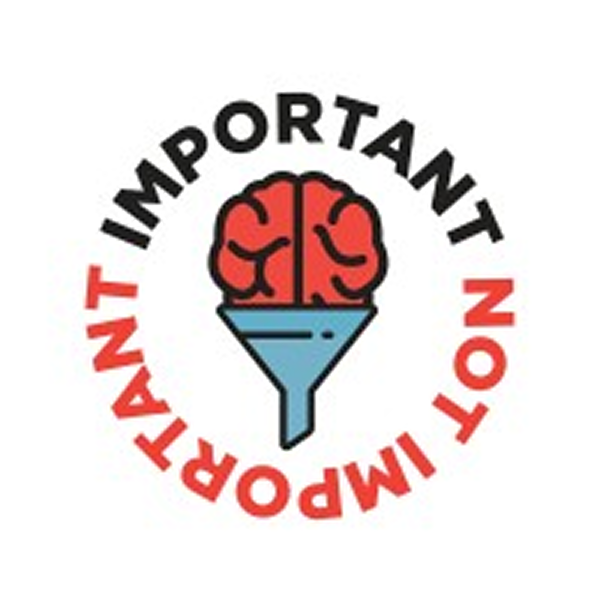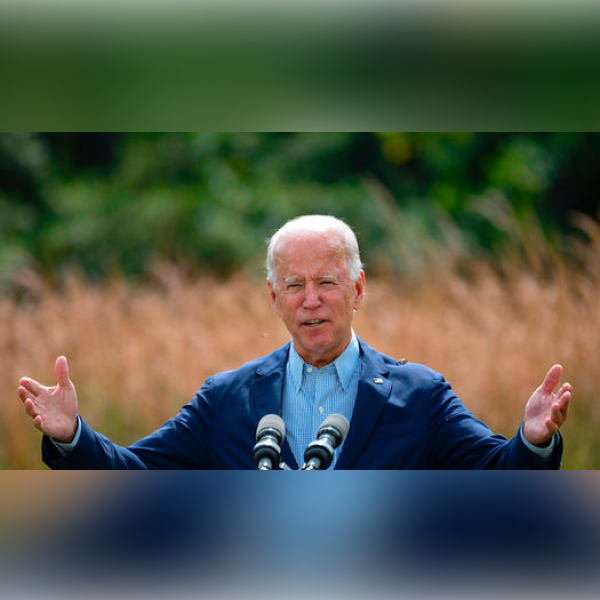How to start your climate philanthropy journey: advice from two high-impact donors
At San Francisco Climate Week 2025, Giving Green and Carbon Collective Investing hosted an event called Harnessing Capital for Climate Impact via Donations and Investments. The evening featured a conversation between two climate donors—Nathan Aleman and Steve Newman—and Giving Green founder and executive director, Dan Stein.
In this post, we distill the most compelling insights and advice from that conversation to help new or hesitant donors find their footing in climate philanthropy.
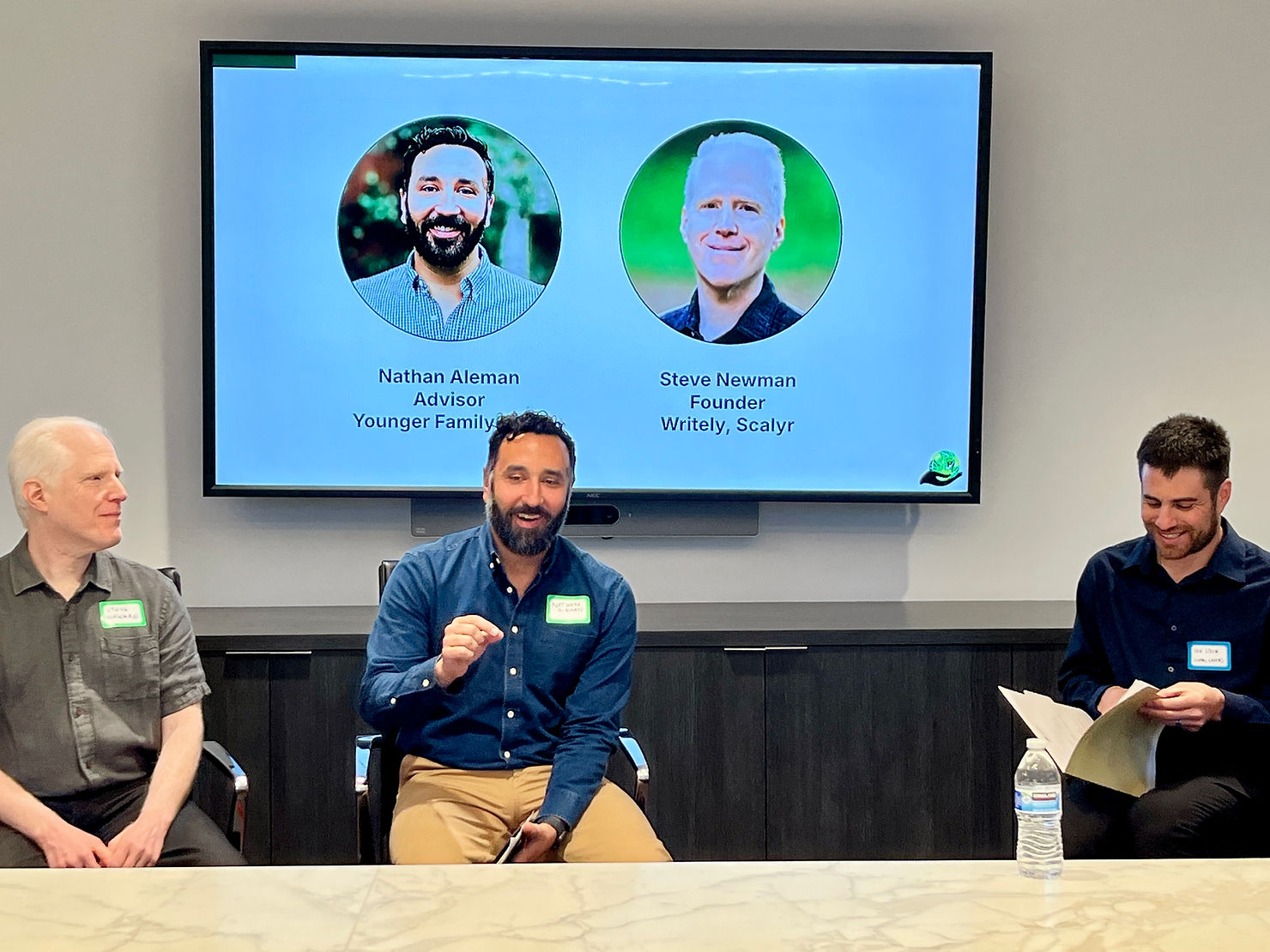
What inspired these donors to act on climate
Nathan Aleman is a nonprofit consultant at Bridgespan and an advisor to the Younger Family Fund. He began his climate giving journey during the devastating California wildfires of 2020. As skies turned orange and his family voiced concern for their future, he felt a deep responsibility to act. Nathan helped guide his family’s foundation to expand its focus from education and justice to include climate—now supporting over several climate-focused grantees.
Steve Newman is a tech entrepreneur who co-founded Writely, which became Google Docs, and Scalyr. After stepping back from the startup world and raising a family, Steve sought deeper purpose. Climate emerged as the most urgent and high-leverage cause. Initially overwhelmed, he turned to trusted peers and Giving Green to help navigate a complex landscape.
Overcoming overwhelm: how to get started
Both donors emphasized that climate philanthropy doesn’t require a perfect plan. Trying to solve everything upfront can lead to paralysis. Instead:
- Start small with a few vetted recommendations.
- Lean on trusted sources like Giving Green.
- Engage with peers who are further along in their journey.
Steve admitted to feeling flooded by options and urgency early on. Rather than getting stuck, he made a few initial donations and used them as learning opportunities. Nathan followed a similar approach, relying on advice from his network to narrow options and take focused action.
Importantly, both donors view giving as an ongoing process—staying informed, reassessing decisions, and evolving their strategies over time.
Align giving with personal values and life transitions
Personal motivation plays a critical role in climate philanthropy:
- For Nathan, experiencing climate disaster firsthand—and seeing how it affected his children—brought the issue into sharp focus.
- For Steve, a life transition created space to reflect and reorient his energy toward what mattered most.
Both found that aligning donations with personal values made their giving more meaningful and sustainable. Your story, context, and lived experience can and should shape how you give.
See the bigger picture: climate as a lever for systemic change
Climate change touches every sector—health, education, justice, political stability, etc. As both donors pointed out, supporting climate solutions can drive progress across multiple issues.
- Nathan sees climate work as an extension of his foundation’s public health and spiritual justice commitments.
- Steve sees it as a “shining light” issue—one that unlocks benefits across other domains.
These intersections make climate an especially strategic focus for donors concerned with a range of causes, and interested in affecting grand-scale, systemic impact.
Smart risk-taking in climate philanthropy
Both Nathan and Steve have developed different but complementary approaches to managing risk:
- Nathan manages a broad portfolio and cautions against following philanthropic trends without scrutiny. He aims for balance and long-term alignment.
- Steve embraces his flexibility as an independent donor, seeking out high-leverage, early-stage ideas that institutional funders often overlook.
They agree: taking smart risks can lead to an outsized climate impact, and that independence is a donor’s superpower.
Ready to start your climate giving journey?
You don’t need to be a climate expert to make a difference. Let your values and lived experiences guide you, start small, and stay engaged.
Giving Green is here to help.
- Book a 1:1 session with our team for personalized guidance.
- Explore our 2024–2025 Top Climate Change Nonprofits and support their efforts via The Giving Green Fund or by donating to them directly.
- Support Giving Green’s research and operations to keep this work going.
- Sign up for our newsletter for updates, events, and
- ongoing insights.
Support Our Work
Giving Green Fund
One fund. Global impact. One hundred percent of your gift supports a portfolio of high-impact climate organizations, vetted by our research.
Best for:
Donors who want the simplest way to impact multiple climate solutions.
Top Climate Nonprofits
Meet the organizations on Giving Green’s list of high-impact nonprofits working to decarbonize our future, identified through our rigorous research.
Best for:
Donors who want to give directly and independently.
Support Our Work
We thoroughly research climate initiatives so you can give with confidence. For every $1 we receive, our work unlocks another $21 for effective climate solutions.
Best for:
Donors who want to amplify their impact through research.
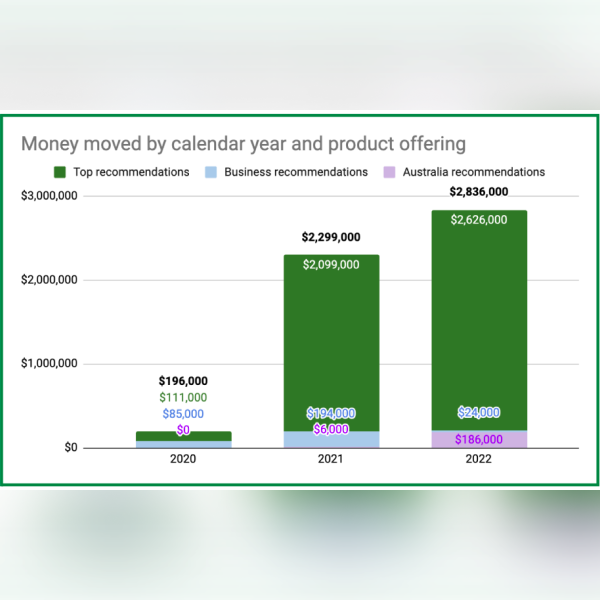

.png)




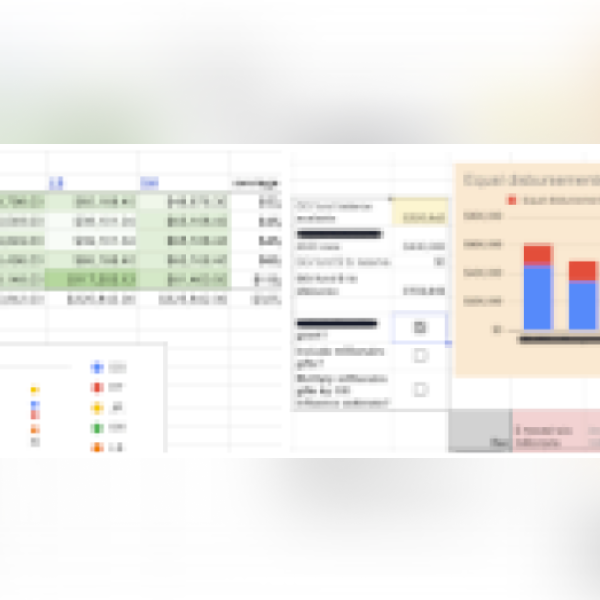
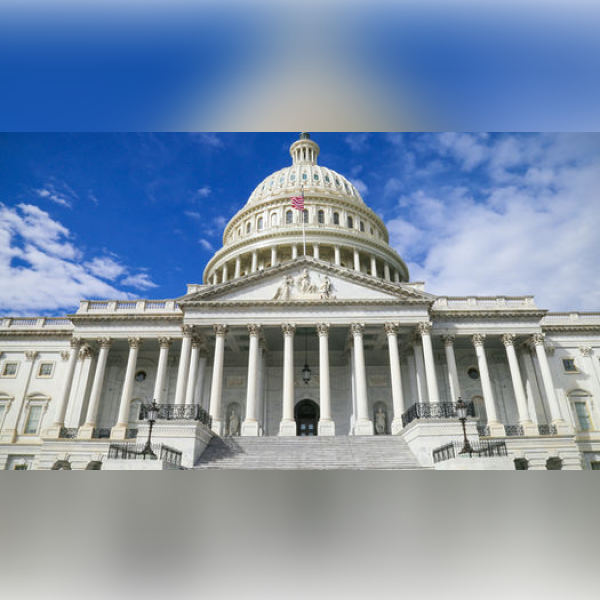



.png)
.png)

.png)





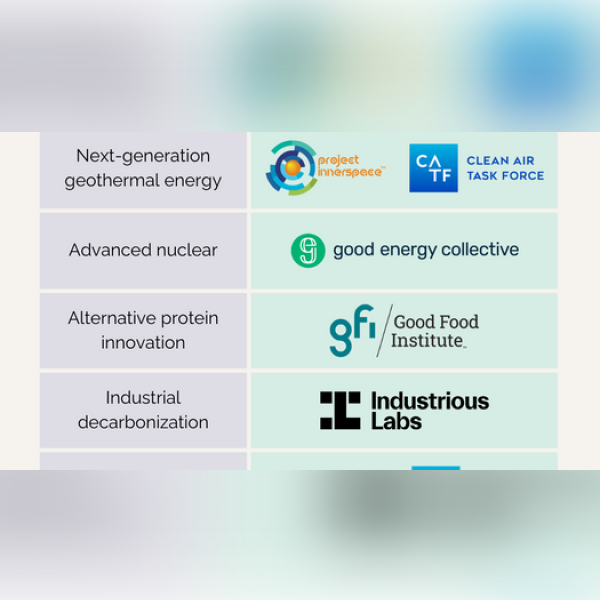




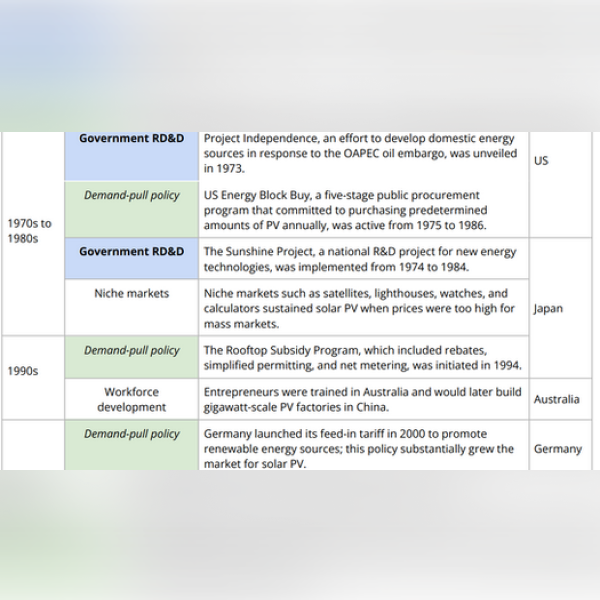


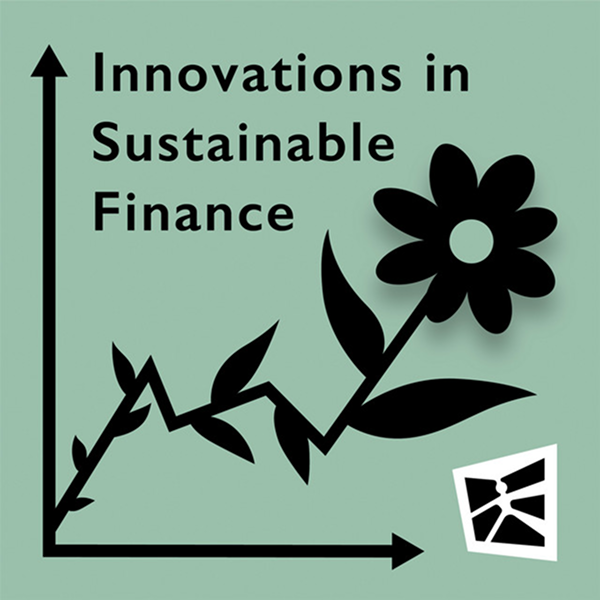
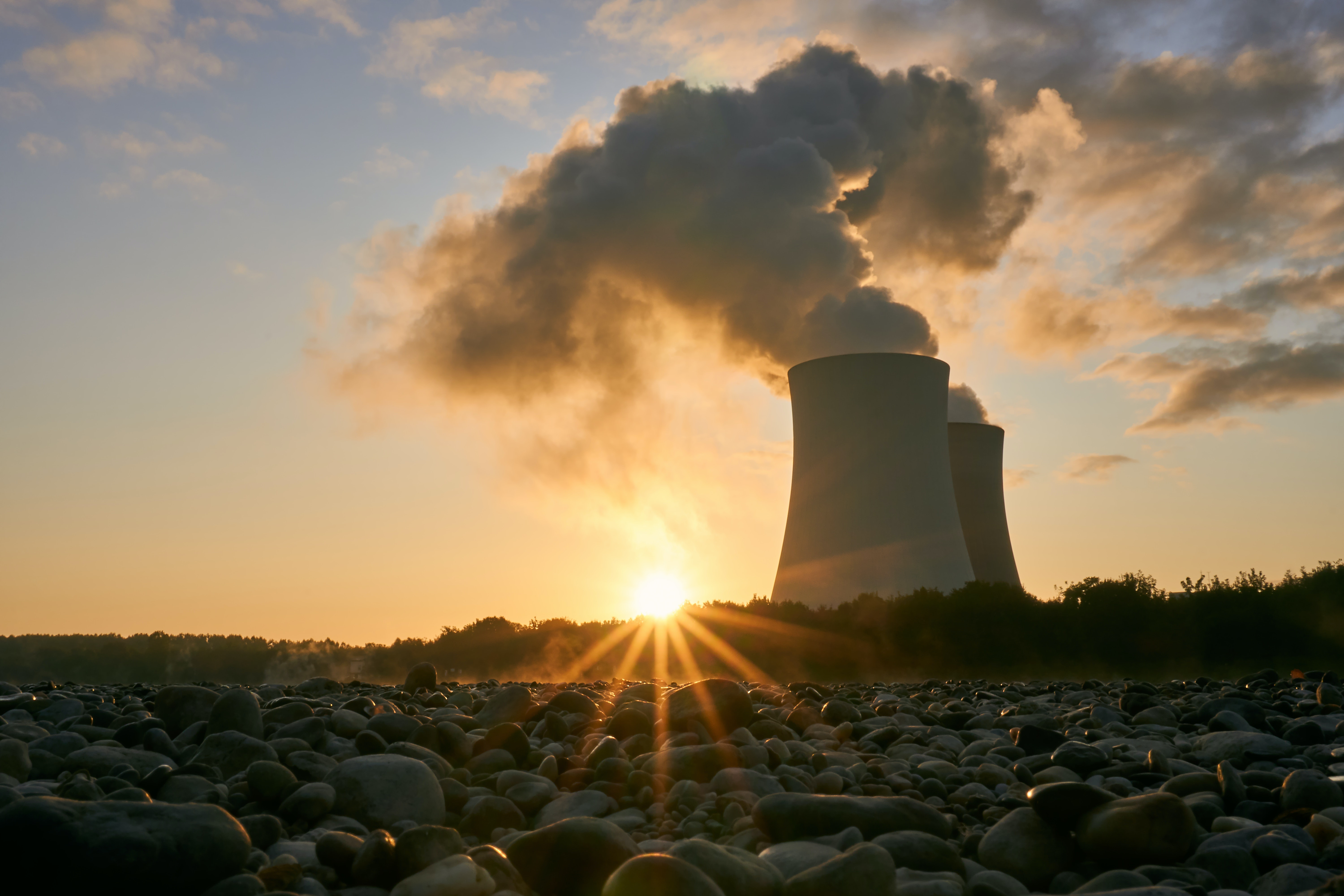
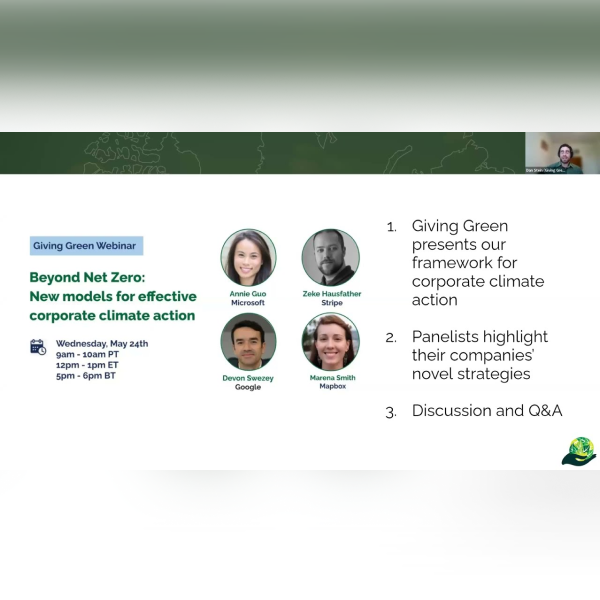


.png)






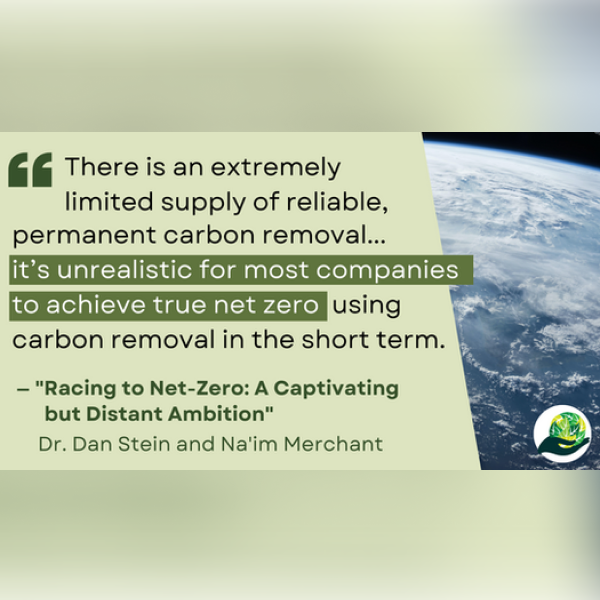




.png)

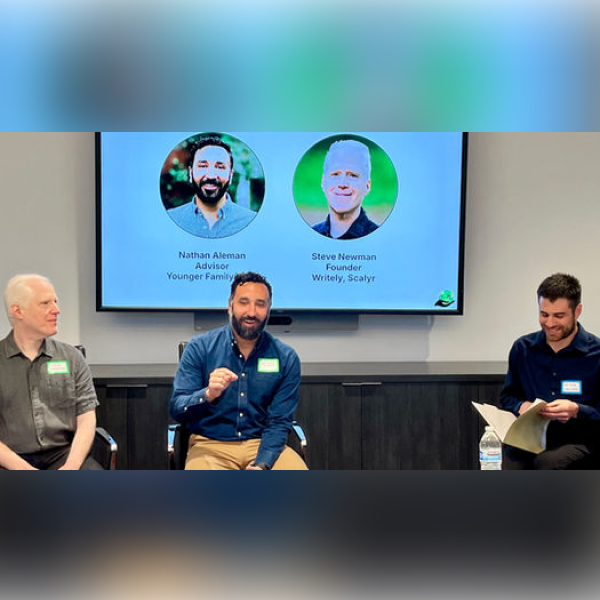




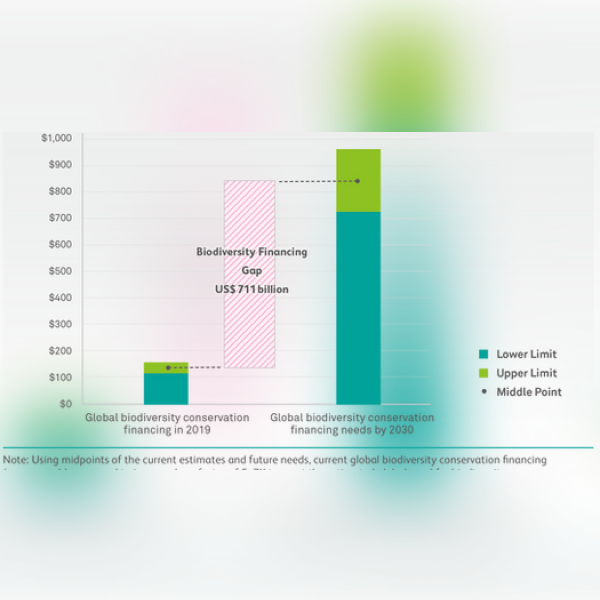




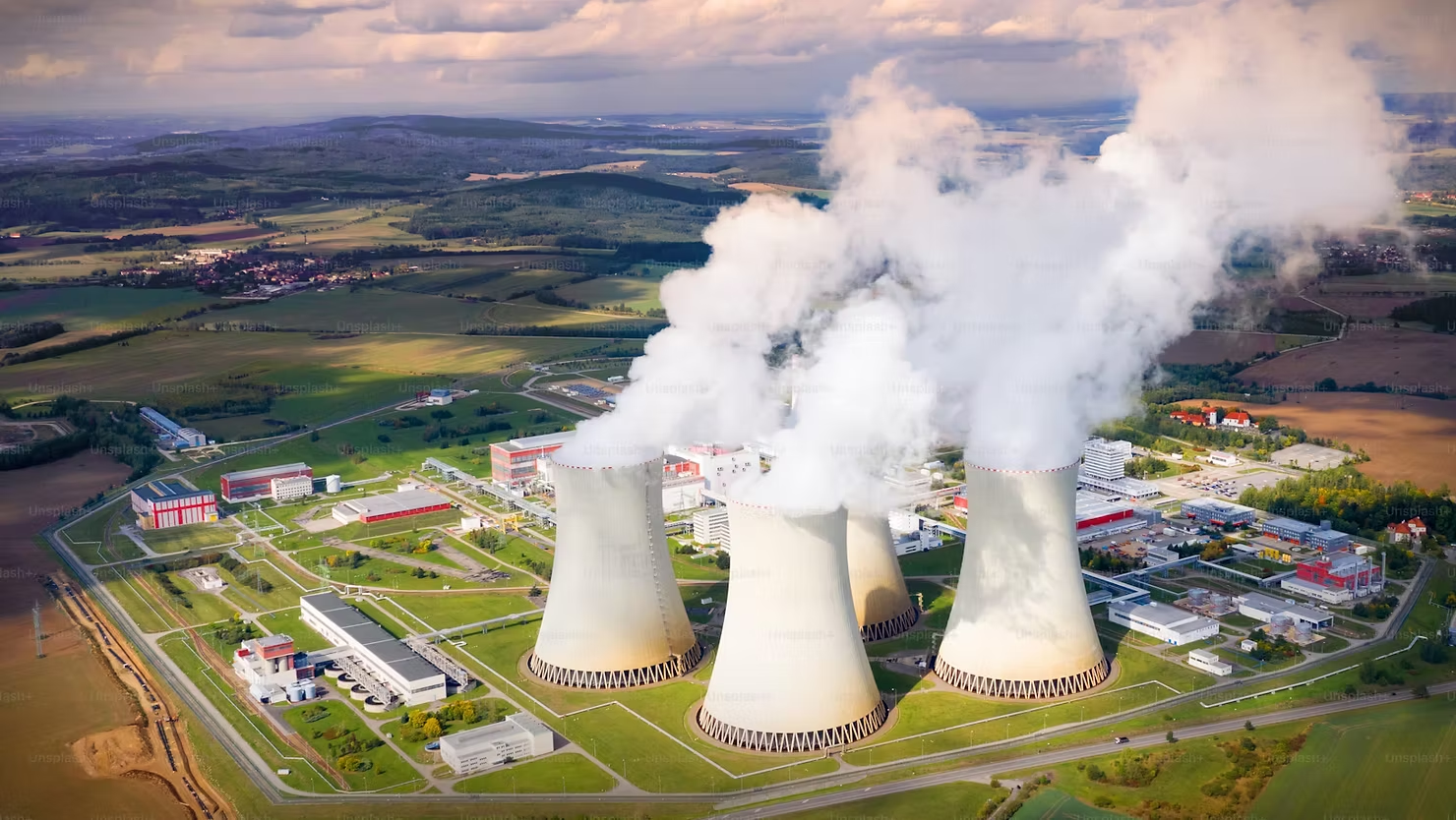

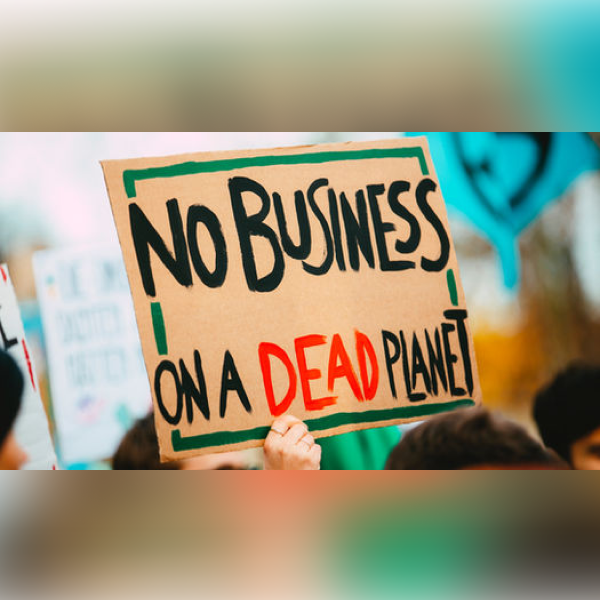



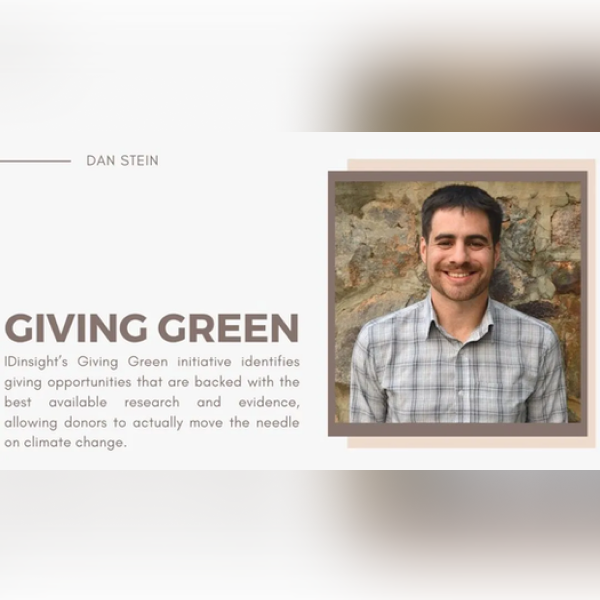
.png)
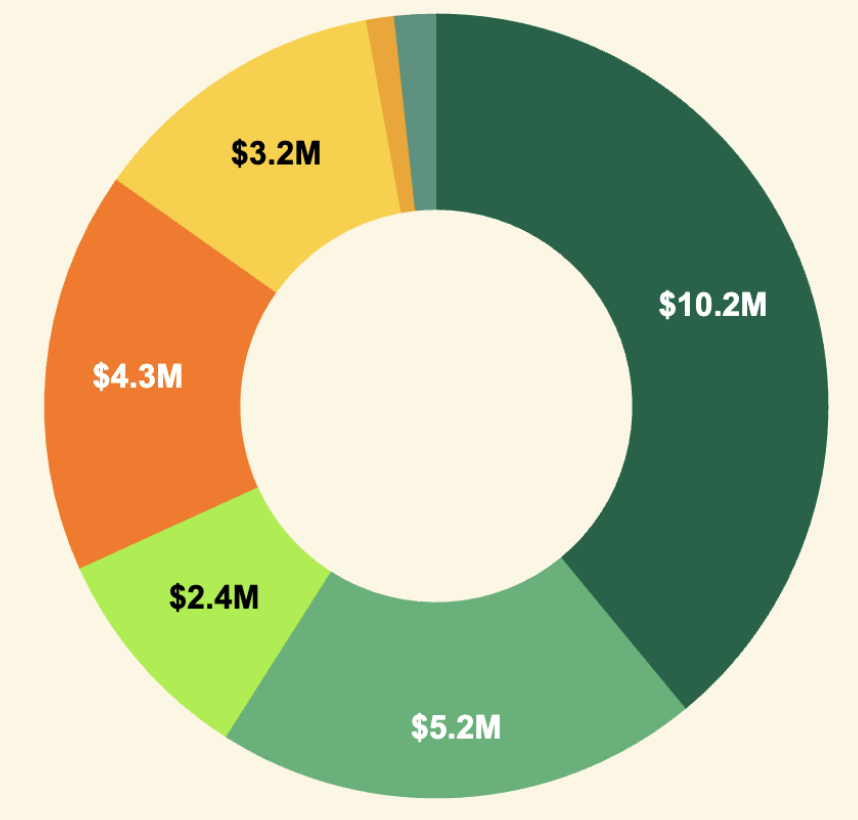
.png)
